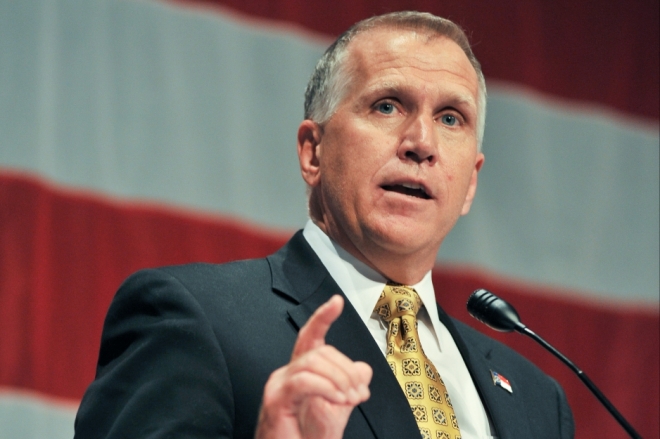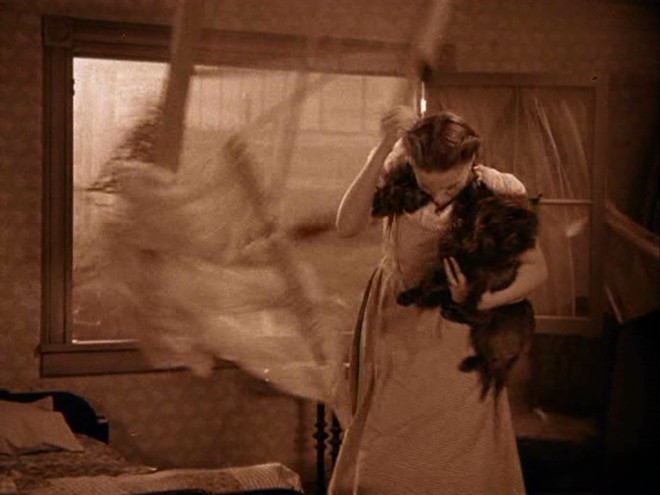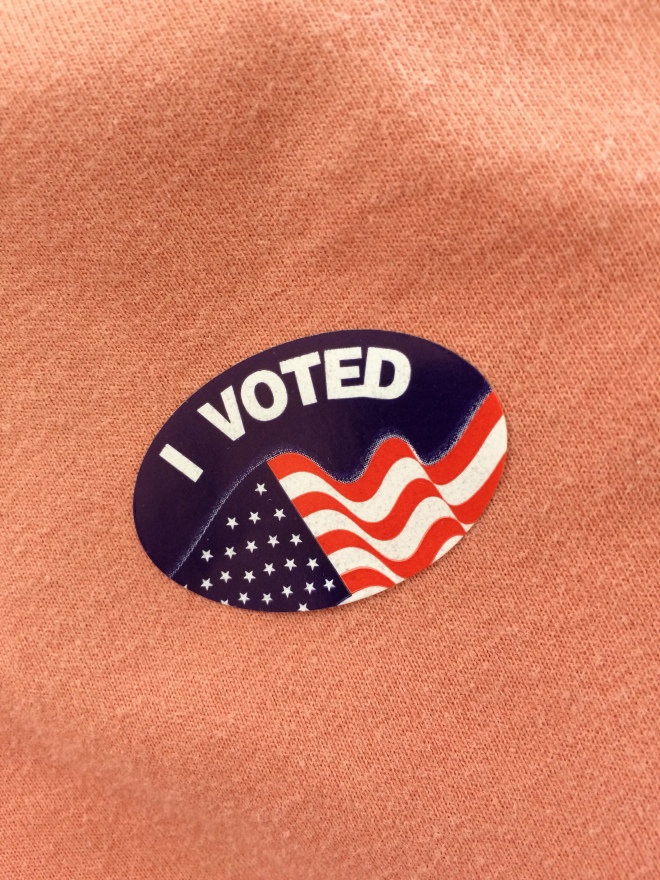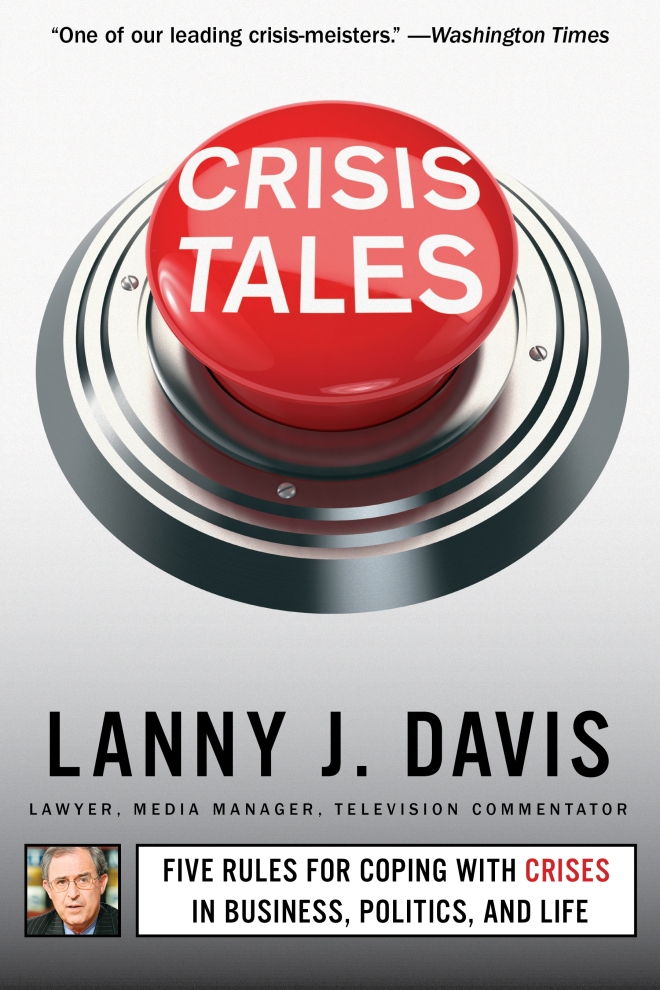
After 133 years, a statue of Robert E. Lee came down in New Orleans last week. It made me wonder, again, about the portrait of Gen. Thomas J. “Stonewall” Jackson that’s in our bedroom. I’ve been enormously intrigued by Jackson for years, and researched and wrote an historical novel about him (Cross Over The River; Lives of Stonewall Jackson, available on Amazon.com and iUniverse.com) years ago. Jackson, like Lee, fought valiantly to defend the South and its inhuman institution of slavery. Is he to be admired? Why do I have him hanging on my wall?
Herman Melville wrote a poem about Jackson when Stonewall was accidentally killed by his own troops at the battle of Chancellorsville:
The Man who fiercest charged in fight,
Whose sword and prayer were long –
Stonewall!
Even him who stoutly stood for Wrong,
How can we praise? Yet coming days
Shall not forget him with this song.
Dead is the Man whose Cause is dead,
Vainly he died and set his seal –
Stonewall!
Earnest in error, as we feel;
True to the thing he deemed was due,
True as John Brown or steel.
Relentlessly he routed us;
But we relent, for he is low –
Stonewall!
Justly his fame we outlaw; so
We drop a tear on the bold Virginian’s bier,
Because no wreath we owe.
Stoutly stood for wrong. Earnest in error. Melville called him true as John Brown, who fought against slavery in Kansas and Virginia. Each a zealot, each spilling blood both innocent and guilty in his cause. Can one do something admirable, moving, courageous, in a bad cause?
Of course, “bad cause” and “earnest in error” are tepid bits of language for something as abominable as human slavery. But Jackson fought successfully against desperate odds. His 1862 Shenandoah Valley Campaign, when he defeated five armies with his much smaller force and caused Lincoln to pull back troops from Gen. George McClellan’s attack on Richmond, is still studied at West Point. While the Federal armies were getting everything in order, arranging supplies and getting all horses shod, Jackson would move like lightning with only part of his force only half equipped and sweep down on the Federal flanks and rear. At the height of his greatest victory he was killed by friendly fire. If he had not been shot then, it’s very possible we would be two countries, not one, today. Jackson would likely not have hesitated two months later at Gettysburg, as his replacement did, on the day the Confederates almost swept the Federals from the field. And the war might have ended then with a Union defeat. So he’s clearly a powerful and influential figure in history.
On my first visit to New Orleans I was in a cab swinging around a traffic circle, in the middle of which was a statue on a pedestal so tall I couldn’t make out whom the statue depicted. I asked my cab driver, a black woman, who was up there. “That’s Bobby Lee, baby,” she said, as if I was a hopeless rube. She said it with what I heard as pride. I was probably wrong.
I asked a black friend of mine when she came to my house if the portrait of Jackson bothered her. No, she said — I took her to mean she had more current racial battles to worry about.
When I first heard, years ago, of movements to remove Confederate statues, I thought it was a mistake to try to erase history. The first instance I recall was a push to remove a statue of Nathan Bedford Forrest, a Confederate cavalry general, from Elmwood Cemetery in Memphis. Forrest was a ferocious, unconventional and successful fighter, like Jackson. After the war he was one of the founders of the Ku Klux Klan. I understood that honoring him in public was at best a moral quagmire. But what about “Bobby Lee, baby”? Lee was a man of grace and honor and storied lineage. He married the daughter of George Washington’s stepson. His father was a colonel in the American Revolution and a governor of Virginia. After Appomattox, when many advocated that the remnants of the Confederate armies head for the hills and conduct guerrilla warfare, Lee told Confederate soldiers to lay down their arms, go home, and obey the law.
Should statues of Robert E. Lee be taken down? Or all the statues of Confederate line soldiers in countless courthouse squares across the South? Or Jackson’s statue at his grave in Lexington in the beautiful Shenandoah?
If I were Jewish, what would I think of finding a statue of Herman Goering in a public park?
I believe Donald Trump, with his denial of global warming and his rescinding of Obama’s environmental regulations, will share responsibility for hundreds of millions of deaths in his children’s and grandchildren’s generations as the seas warm and rise and weather worsens and crops and fish die off. I don’t ever want to encounter a statue to this barbarian.
Slavery is just a word to a well-off white guy like me. But in some of the museums in the South I’ve seen artifacts of slavery that are haunting, like an iron collar with six-inch spikes that clamped around a man’s neck and restricted his ability to do almost anything a human being should be able to do. I’ve lately heard two African American historians and writers explain whey they call their ancestors an “enslaved person” rather than a slave. No one is born a slave, they say. Slavery is something another person did to them. And continued, day after day, to do. Rounding up humans in Africa. Packing them in ships like cordwood, a large percentage of them dying on the passage. Beatings. Selling children away from their parents. Endless rape. Denying the right to read. Denying the right to be respected or even seen as human. Murder for sport. Terrible housing. Disease and death. There’s no way for me to imagine what existence was like as a slave. And the hypocrisy of the whites who said slavery was good for this “childlike race” is staggering.
Jackson and Lee fought to keep the right to keep people enslaved. How can that be admirable, no matter how resourceful and inspirational and successful they were against impossible odds?
Lee and Jackson said they fought because their country was invaded. They believed in the right of a state to secede from the Union it had voluntarily joined, and were appalled that other states would march murderous soldiers into theirs to force them to stay in the fold. They both owned slaves and said, correctly, that the Constitution guaranteed them the right to do so. They considered themselves patriots and opposed secession until it happened, then served to defend their native state.
Part of the answer to all this is unfolding in Charleston, South Carolina, the flashpoint of the Civil War. Like Washington, D.C., Charleston will open in 2019 an International African American Museum on the site of a wharf where perhaps 40% of the Africans enslaved and brought to America landed. The city’s mayor for four decades, Joseph Riley, is one of the people most responsible for the museum’s creation. He hopes the museum helps all Americans learn from the unvarnished truth of our country’s original sin by seeing the horrors of slavery and the heroism of those enslaved. Asked about taking down monuments to Confederates, he has said the answer isn’t less history, but more. Keep the old monuments but tell the whole story by adding new ones such as Charleston’s and D.C.’s museums and programs. That sounds like wisdom to me.
Otherwise, how many more statues will come down? In New Orleans, where Lee and P.G.T. Beauregard and Jefferson Davis were just removed for display in some not-yet-determined, more-appropriate less-public place, a statue in Jackson Square of Andrew Jackson rises on rearing horseback. Our seventh president. Who conceived and carried out a policy of Indian removal that uprooted America’s indigenous civilizations and killed tens of thousands on many Trails of Tears. If Lee’s statue can’t stand — can Jackson’s? Must Jefferson be led away from his gorgeous stone gazebo on the Tidal Basin? Must Washington City be renamed?
So why do I have a portrait of Thomas Jackson on my wall? Stonewall wouldn’t have liked me, a reprobate pantheist. I probably wouldn’t have much liked him, a stern Old-Testament Presbyterian and a college teacher who delivered memorized lectures that allowed for no discussion. But as a father and husband he was tender and, flouting local custom, he taught a Sunday school class to black children. And his daring and decisiveness were breathtaking. The South was vastly outnumbered in everything — population, soldiers, ships, resources, railroad iron, manufacturing, guns, food, fuel, foundries. The only force they had stronger than the Union’s was their generals’ audacity. How quickly Jackson took the measure of his opponents, the chances he took, how he used the beautiful geography and topography of the great Valley of Virginia to hide his moving troops, all make him a fascinating man for me. Yet despite why he said he fought, the result of his fighting, if successful, would have been continued slavery. History is complex and unclear.
In Lexington, Virginia, where Lee served after the war as president of Washington College, now Washington and Lee University, there is a stable next to the president’s house. Lee died in 1870 in Lexington of pneumonia after a ride in the rain on his horse, Traveller, who had served Lee faithfully during the war. A year later Traveller died. The doors to Traveller’s stable are always kept slightly ajar, even today. In case the horse comes home.
One day, perhaps, America will come home. I can still hear George McGovern’s acceptance speech in 1972, late late at night, when the quixotic candidate ran against Richard Nixon in an America as divided as it is now, and almost as divided as it had been one hundred years before — “Come home, America,” was McGovern’s plea. Come home, together, despite conflicting views and values.
I’m fine with Robert E. Lee being taken off his pedestal in New Orleans. We don’t have to hold him up, but we can’t make believe he was never an American. We can’t delete Lee, or either Jackson, from history or from the tangled twisted improbable story of America that is still being told. As we all try to find home.
— Bruce Benidt







 I’ve been reading three memoirs from the South that help explain Trump voters. Hillbilly Elegy, by J. D. Vance (he’s been on every interview show there is lately), Dimestore, by Lee Smith, and Finding Grace, by Donna VanLiere. All three talk about small towns withering in the South and about what people who stay are like and what people who get out are like. A common theme is that, as the world and the economy change and jobs disappear, some people change with the flow and some stand pat and drown. Many who are overwhelmed by change lack agency — they feel as if the world is doing something to them, and as if they have no role to play in adapting or changing. And many of them are mad. At the world. At “them.” Whoever “them” is. In Vance’s book, a guy who lost his job by drinking too much blames his bosses. Vance says having someone to provide kids growing up with stability (for him, grandparents) and a view of larger possibilities can make all the difference between becoming someone who feels angry and helpless and someone who feels he or she can rise higher than their immediate surroundings.
I’ve been reading three memoirs from the South that help explain Trump voters. Hillbilly Elegy, by J. D. Vance (he’s been on every interview show there is lately), Dimestore, by Lee Smith, and Finding Grace, by Donna VanLiere. All three talk about small towns withering in the South and about what people who stay are like and what people who get out are like. A common theme is that, as the world and the economy change and jobs disappear, some people change with the flow and some stand pat and drown. Many who are overwhelmed by change lack agency — they feel as if the world is doing something to them, and as if they have no role to play in adapting or changing. And many of them are mad. At the world. At “them.” Whoever “them” is. In Vance’s book, a guy who lost his job by drinking too much blames his bosses. Vance says having someone to provide kids growing up with stability (for him, grandparents) and a view of larger possibilities can make all the difference between becoming someone who feels angry and helpless and someone who feels he or she can rise higher than their immediate surroundings. Our country has flaws. Disparity of rich and poor. Gross overconsumption of the planet’s resources. Poor education and a paucity of hope for too many. A system designed by those who already have the most to assure they get more. And our election system is far from perfect. Voter suppression. Hanging chads. Too much influence by the wealthiest. Gerrymandered districts that permit little challenge to incumbents.
Our country has flaws. Disparity of rich and poor. Gross overconsumption of the planet’s resources. Poor education and a paucity of hope for too many. A system designed by those who already have the most to assure they get more. And our election system is far from perfect. Voter suppression. Hanging chads. Too much influence by the wealthiest. Gerrymandered districts that permit little challenge to incumbents.




 Reading about, hearing about, how people deal with tragedy, with strain, with troubles you’ve not yet had, or with troubles you have, brings our humanity up wriggling and dripping from the bland tranquilized surface of every day. We need to see and hear that stuff. Much as we sometimes want to turn away, it’s hard to, and most often we look. At the accident. We listen to the survivor. Maybe it’s “there but for the grace of god…” But mostly we are attracted to tragedy because, I think, tragedy, like joy, makes us feel the depth and power of life. And we need to feel. Deeply.
Reading about, hearing about, how people deal with tragedy, with strain, with troubles you’ve not yet had, or with troubles you have, brings our humanity up wriggling and dripping from the bland tranquilized surface of every day. We need to see and hear that stuff. Much as we sometimes want to turn away, it’s hard to, and most often we look. At the accident. We listen to the survivor. Maybe it’s “there but for the grace of god…” But mostly we are attracted to tragedy because, I think, tragedy, like joy, makes us feel the depth and power of life. And we need to feel. Deeply. 








